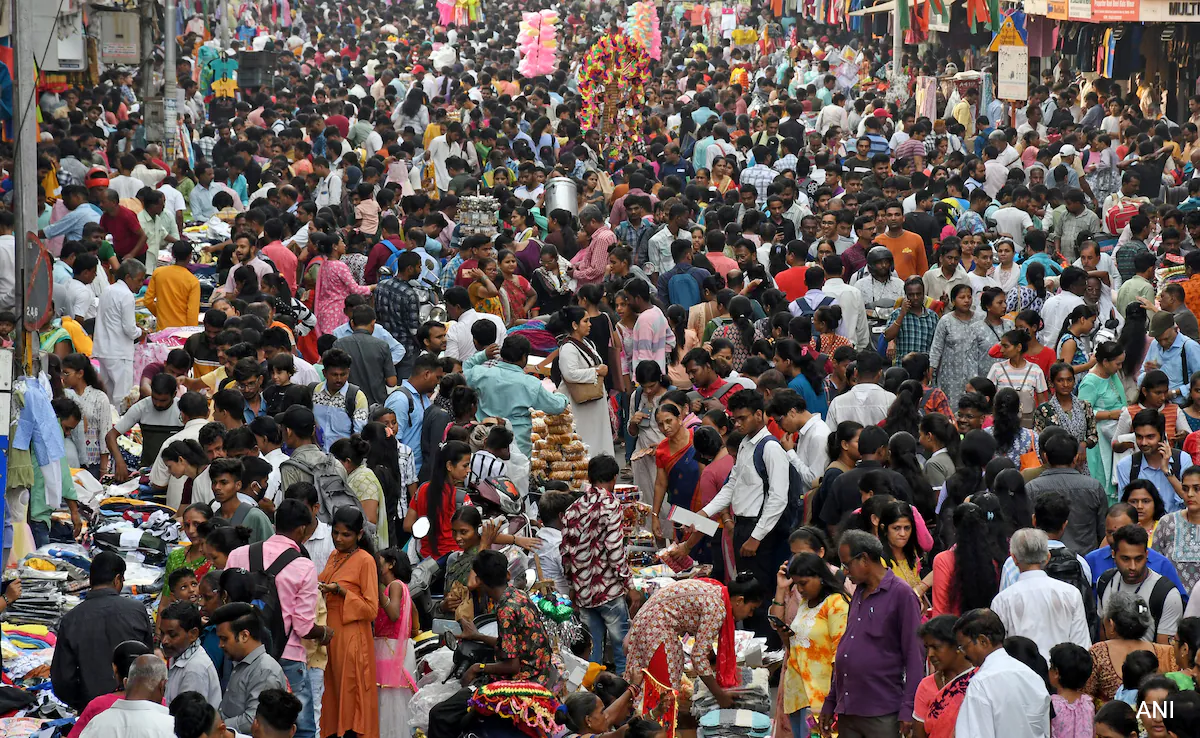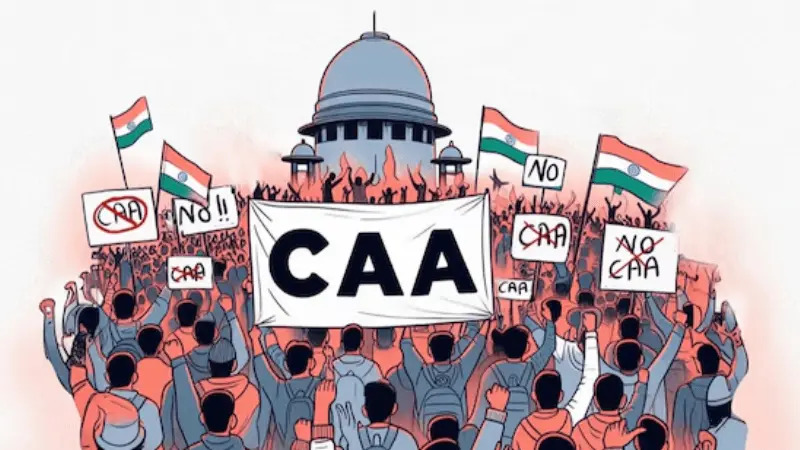The implementation of the Citizenship Amendment Act (CAA) has sparked polarizing reactions from political parties across the spectrum. Designed to provide expedited citizenship to persecuted minorities from neighboring countries, the CAA has been a contentious issue since its inception.
Supporters of the ruling party view the CAA as a humanitarian gesture, aimed at providing refuge to persecuted minorities such as Hindus, Sikhs, Buddhists, Jains, Parsis, and Christians from Afghanistan, Pakistan, and Bangladesh. They argue that these communities face religious persecution in their home countries and deserve protection under Indian law. Additionally, proponents argue that the CAA is essential for national security, as it distinguishes between illegal immigrants and those seeking refuge due to religious persecution.

Source: NDTV
Conversely, opposition parties have vehemently opposed the CAA, labeling it discriminatory and unconstitutional. They argue that by excluding Muslims from its purview, the CAA violates the secular fabric of the Indian Constitution, which guarantees equality to all citizens regardless of religion. Critics accuse the government of pursuing a divisive agenda, stoking communal tensions for political gain. Furthermore, they fear that the CAA, coupled with the proposed National Register of Citizens (NRC) and National Population Register (NPR), could potentially disenfranchise millions of marginalized communities, particularly Muslims, by rendering them stateless.
SOURCE:- BBC NEWS
The implementation of the CAA has led to widespread protests across the country, with demonstrators taking to the streets to voice their opposition. Civil society organizations, human rights activists, and students have played a pivotal role in mobilizing resistance against the CAA, organizing rallies, sit-ins, and marches to demand its repeal.
Amidst the political furor, the judiciary has been petitioned to adjudicate the constitutionality of the CAA. The Supreme Court of India has heard various petitions challenging the law, but a final verdict is pending.
As the debate rages on, political parties continue to leverage the issue for electoral gains. The ruling party portrays the CAA as a symbol of its commitment to safeguarding the interests of persecuted minorities, while the opposition paints it as a threat to India’s secular ethos and democratic values. The polarization surrounding the CAA underscores the deep-seated divisions within Indian society, reflecting contrasting visions of nationhood and identity.
the implementation of the Citizenship Amendment Act has ignited a fierce debate in India, with political parties adopting divergent stances on its merits and implications. As the issue remains unresolved, it continues to shape the political landscape, amplifying existing fault lines and raising profound questions about the future trajectory of Indian democracy.
Share your views in the comments

